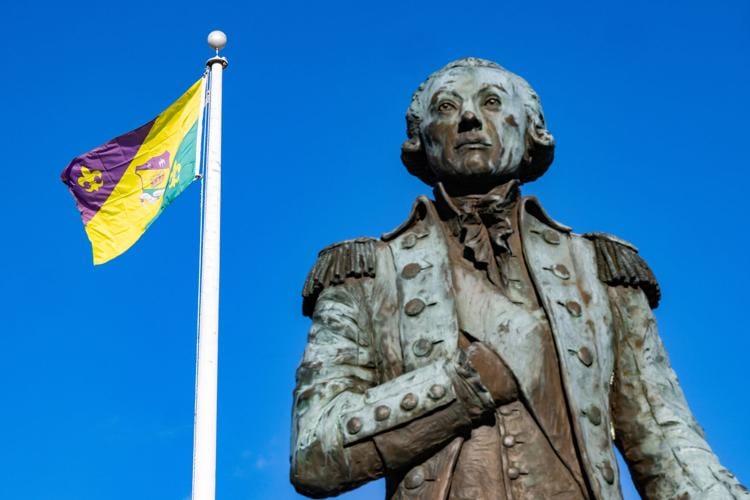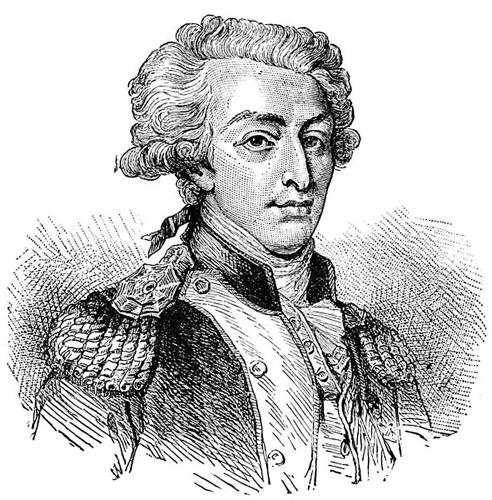LOUISIANA: Lafayette’s Namesake Was A Hero In Both The United States And France
The French nobleman Gilbert du Motier, Marquis de Lafayette, won scores of American admirers for serving alongside the patriots in the American Revolutionary War. That admiration took many forms, including naming counties and cities across the country in his honor — including Lafayette Parish and its parish seat.
The Marquis de Lafayette was born into a longstanding and wealthy noble family in central France. Orphaned by age 11, the Marquis de Lafayette sought renown beyond his noble circle and set his sights on military glory.
Inspired by stories of the American revolutionaries’ efforts abroad, he traveled to America in 1777 to enlist in the Continental Army, per The George Washington Presidential Library at Mount Vernon.
Once stateside, the Marquis de Lafayette developed a strong relationship with General George Washington, akin to a father-son relationship. The Frenchman served first under Washington, then was given command of his own division.
He also used his connections in France to garner support for the American revolutionaries’ cause, traveling to his home country with John Adams and Benjamin Franklin in 1779 to secure funds and manpower. Once back in America, the Marquis de Lafayette led an army in Virginia, helping secure Lord Charles Cornwallis’ surrender at the Battle of Yorktown.
Lafayette maintained strong relationships in the United States for the rest of his life and was invited by President James Monroe to tour the country in 1824, where he was met by “demonstrations of frenzied enthusiasm without precedent or parallel in American history,” according to the National Park Service.
The Marquis de Lafayette was also a consequential figure in his home country, playing a key role in the French Revolution, including drafting The Declaration of the Rights of Man and of the Citizen in 1789, and the July Revolution in 1830, according to Encyclopedia Britannica.
In 1823, when the Louisiana Legislature carved out a new parish from the western portion of St. Martin, it was named Lafayette in honor of the Frenchman.
While the parish has borne Lafayette’s name since it was first formed, the parish seat has not.
Originally known as Vermilionville, the residents of the town desired the Lafayette name but it was already in use by a town just outside New Orleans. A rule at the time precluded two places in a single state from having the same name.
In 1852, the town of Lafayette became part of New Orleans, freeing up the Lafayette name. Thirty-two years later, in 1884, Vermilionville officially became Lafayette.





